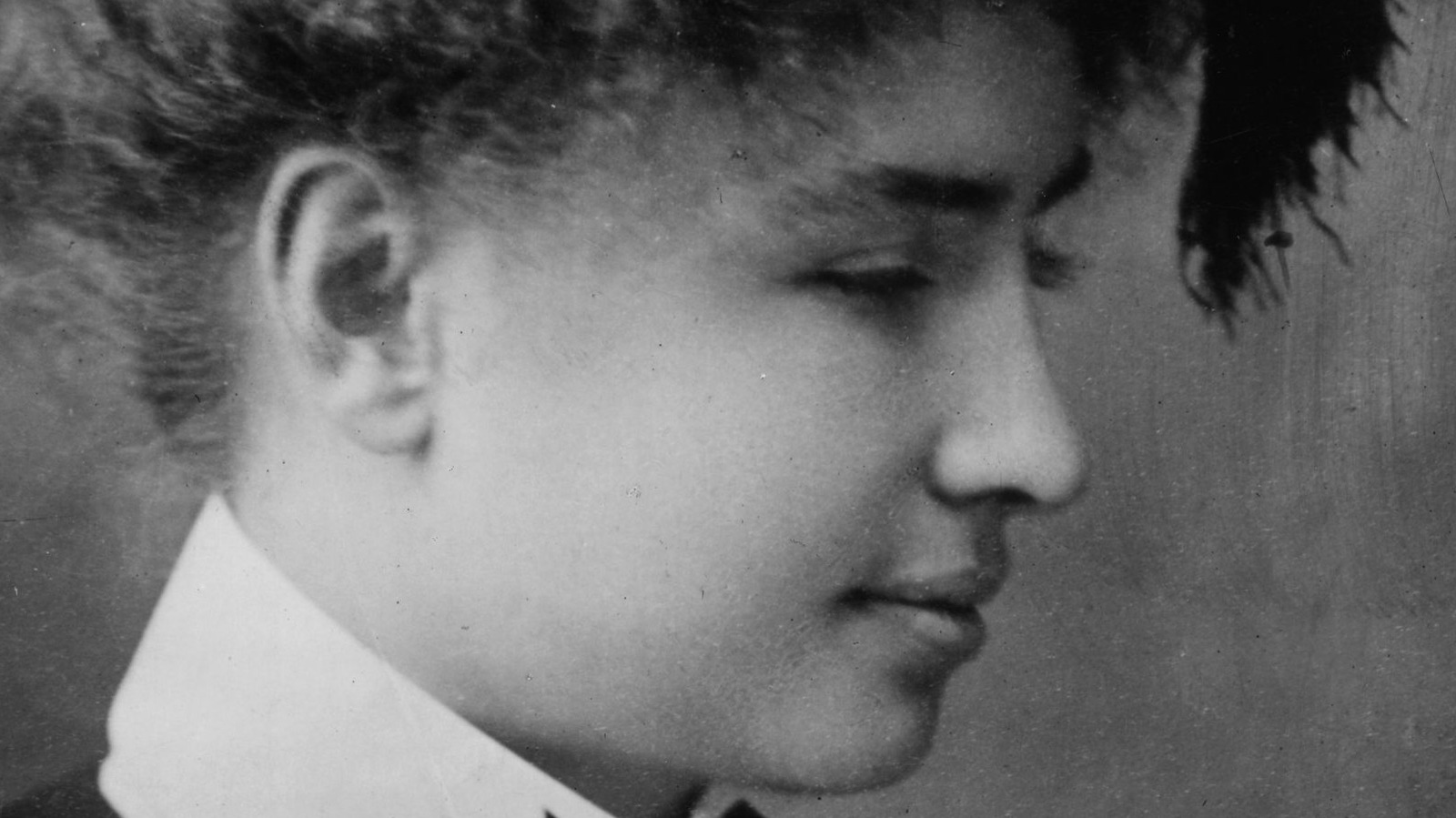Helen Keller, a champion for disability rights, paradoxically held views aligning with the now-discredited eugenics movement, sparking ongoing debate about her legacy. This article delves into this complex and sensitive topic, offering an in-depth analysis of Keller’s relationship with eugenics, the historical context of her time, and the nuances of her beliefs.
The Paradox of Advocacy and Eugenics
Keller’s support for eugenics, rooted in the social climate of the early 20th century, reveals a complex intersection of disability advocacy and prevailing societal biases. How could someone who overcame immense personal challenges as a deaf and blind individual endorse a movement that often targeted people with disabilities? This central question frames our exploration of Keller’s complicated history.
1915: A Troubling Endorsement of Infanticide
While celebrated for her resilience, Keller’s 1915 article in The New Republic reveals her explicit support for infanticide in cases of perceived disability, raising critical ethical questions. In this article, she chillingly endorsed the practice, reflecting the insidious reach of eugenicist thought in the early 20th century. This stance directly contradicted her life’s work advocating for the rights and inclusion of disabled individuals. To understand this discrepancy, we must delve into the intellectual and social environment that shaped Keller’s worldview.
The Influence of Alexander Graham Bell and the Pervasiveness of Eugenicist Ideals
Exploring Keller’s relationship with eugenics proponents like Alexander Graham Bell adds another layer to understanding her controversial stance and the historical context. Bell, a close friend and mentor to Keller, was a prominent advocate for eugenics. His influence likely played a significant role in shaping her perspectives. Furthermore, the early 20th century witnessed the widespread acceptance of eugenics, even among prominent figures like Theodore Roosevelt and Winston Churchill. This pervasive social climate undoubtedly contributed to Keller’s acceptance of these harmful ideas.
The Historical Context of Eugenics
During Keller’s time, eugenics was tragically presented as a progressive, scientifically-backed solution to social problems. The rise of Social Darwinism and flawed scientific studies fueled the movement’s popularity, leading to discriminatory practices and policies, including forced sterilization laws. Understanding this context is essential, not to excuse Keller’s views, but to provide a more complete picture of the era’s influences. Mecklenburg County evacuations during this era, although unrelated to eugenics, offer a glimpse into the social challenges and public health concerns of the time.
Evolving Perspectives and a Legacy Re-examined
In 1938, Keller publicly defended the life of a blind infant, speaking of a “vision more precious than sight.” This action suggests a potential evolution in her thinking, though whether it represented a genuine change of heart or a strategic distancing from a movement facing increasing criticism remains a subject of debate. Examining this shift allows us to consider how societal and scientific understandings of disability evolved throughout Keller’s lifetime.
Keller’s Personal Struggle: A Deeper Dive
Keller’s personal context as a deaf and blind woman adds another layer of complexity to her story. She lived in a world that often marginalized individuals with disabilities, facing systemic barriers and societal prejudices. This experience likely contributed to her internal conflict between advocating for disability rights and endorsing eugenicist principles. It prompts us to consider the psychological and emotional toll of navigating such contradictory viewpoints.
A Nuance and Complex Legacy
Helen Keller’s legacy remains a point of contention. How do we reconcile her tireless advocacy for disability rights with her disturbing endorsement of eugenics? It requires us to acknowledge the historical context and social pressures of her time while grappling with the uncomfortable reality that even admired figures can hold harmful beliefs. Her story underscores the importance of continuous critical analysis and contextualization when evaluating historical figures. Just as enjoying Nahunta Pork Center NC requires appreciating the historical and cultural context of Eastern North Carolina barbecue, understanding Helen Keller demands a nuanced exploration of her life and the complex forces that shaped her thinking.
It’s crucial to remember that our understanding of Keller’s motivations may always be incomplete. New research and historical interpretations may further illuminate her complex relationship with eugenics. This ongoing exploration reminds us of the ever-evolving nature of historical understanding and the importance of engaging in open and honest dialogue about complicated figures and difficult topics.
- Unveiling the Enigma: Mansoureh Khojasteh Bagherzadeh’s Public Appearances & Private Life in Iran - July 18, 2025
- Unveiling the Mystery: Mansoureh Khojasteh Bagherzadeh’s Husband: A Rare Glimpse into a Private Life - July 18, 2025
- Unveiling Masoud Khamenei’s Mother: Power, Influence, and Iran’s Future - July 18, 2025
















